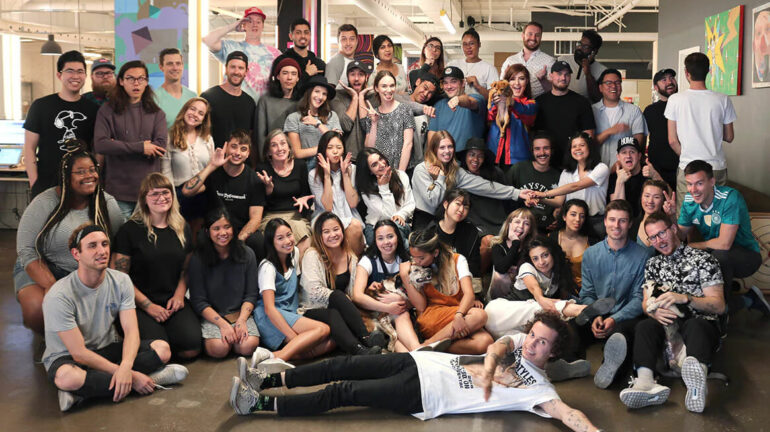Louise Hucal has worked in Fortune 500 companies and been involved in multiple M&A deals as an employee. However, pen maker Bic’s acquisition of temporary tattoo startup Inkbox felt more personal because she’d been at the startup since its early days.
On the Retained Learnings podcast, Hucal shared more about how she handled Inkbox’s “overwhelming” acquisition process.
Hucal joined Inkbox in its early days, initially in a part-time role to provide founders Tyler and Braden Handley with some finance support. However, she said it “quickly evolved into a full-time gig” and she eventually became the CFO.
A few years later, Inkbox was growing well and the CEO of Bic reached out to Tyler for a potential acquisition conversation. But Hucal said the team was more focused on growth than selling at that time.
“We were not in the ‘be acquired’ head space at all at that point in time and were still comfortably funded by our venture partners… we wanted to take the business to the next level or two beyond where we were at before we were going to entertain acquisitions,” she added.
For anyone else going through an acquisition, Hucal said it’s important to not wait for a single moment to say it’s over.
The result was a year of “get-to-know-you” conversations between Bic and Inkbox, culminating in two potential futures for the startup–Hucal referred to this time as “dual-streaming.” On one hand, there was the increasingly serious possibility of an acquisition by Bic. On the other was a promising joint venture partnership Hucal was working to secure.
Hucal said the team ultimately decided to move ahead with the Bic acquisition because it would be the “better alternative for the business in the long run.” Once the Letter of Intent was signed, however, Hucal noted the due diligence process became “overwhelming” as she grappled with Bic’s process—one built for much larger corporations with significantly more resources.
“The original due diligence questionnaire had thousands of questions,” Hucal remarked. “It was an Excel document that had about 20 sheets of varying levels of functional areas and hundreds–sometimes up to a thousand questions–on a single sheet.”
Fortunately, the due diligence process progressed relatively quickly, spanning only three months from early November 2021 to late January 2022. Looking back, Hucal noted a few decisions that enabled her and the team to get the task done:
-
1. Divide and conquer: Instead of taking on all the work herself as CFO, Hucal looked at all the information Bic requested and delegated which team member would answer what question, whether that was lawyers, accountants, different business unit leaders, or her own team members.
2. Hire a project manager: Hucal said the Inkbox team hired a special project manager “who came in and did nothing but follow up on what’s still outstanding,” whether that was compiling documentation, organizing information, handling disclosures, answering Bic’s questions, or other any other task required to complete due diligence.
3. Letting go of perfection: Hucal admitted she has perfectionist tendencies but realized “you can’t be a perfectionist” when it comes to a complex acquisition process. She shared an example of being asked for policies on a specific, niche topic she would have had readily available in her Fortune 500 days. But in this context, she realized it simply wasn’t feasible; as a startup with limited resources, she needed to be comfortable in the knowledge that she’d built a process that the team followed, even if she didn’t have a comprehensive policy manual.
4. Prioritizing transparency to build credibility: Throughout the due diligence process, Hucal said transparency became paramount. When presented with the policy request referenced above, she said it was important to not just come to terms with the lack of a comprehensive policy manual herself but also share that news with Bic.
Transparency is now something she recommends for all CFOs going through an acquisition process, reminding them to not “get thrown by the questions” an acquirer might ask. Instead, she recommended that all CFOs be honest about what they know, what they have, and what they don’t. This honesty will help build credibility and trust that provides a stronger foundation for the working relationship between both companies post-acquisition.
After the due diligence process ended, the acquisition of Inkbox moved into its final stages and was finalized in February 2022. But for anyone else going through an acquisition, Hucal said it’s important to not wait for a single moment to say it’s over–in reality, it’s more like a few smaller punctuated experiences.
“It’s a drawn-out moment in these kinds of transactions,” said Hucal. “So there was the little pop of champagne when we signed the deal, the little pop when the press release went out. And the bigger pop when the cash hit the bank account.”


